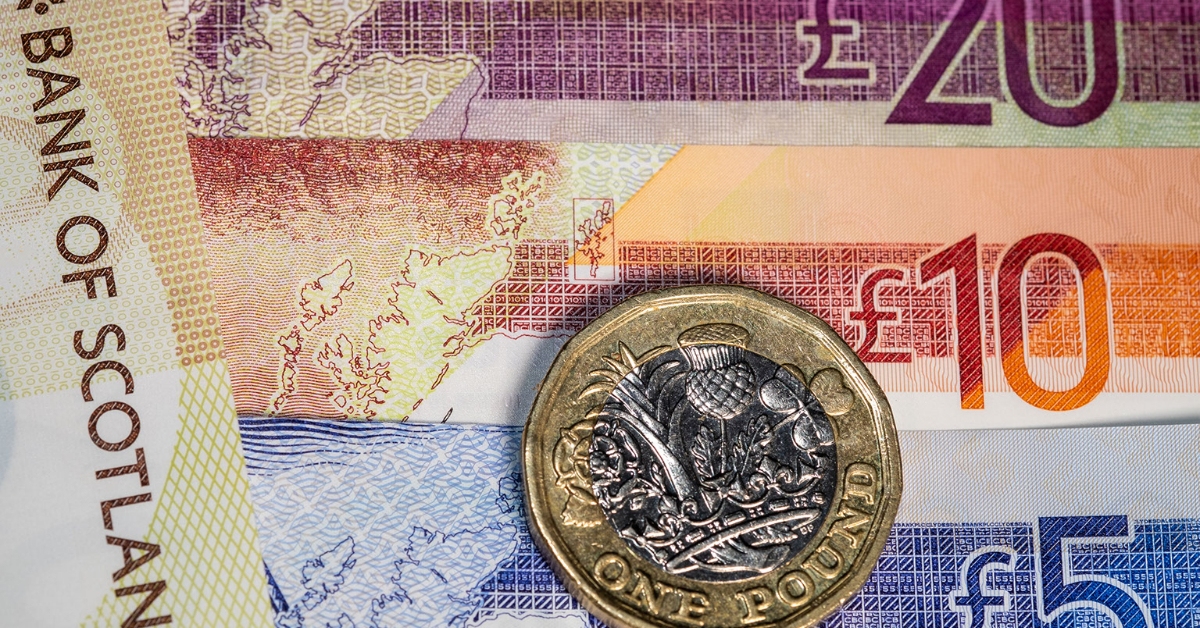The Bank of England has announced its seventh interest rate rise in a row.
It means interest rates are now at 2.25 per cent – the highest they have been since the end of 2008, and up by half a per cent.
If you’re on a tracker or variable mortgage or loans or you’ve got credit cards, this will impact you.
For example, if you have a mortgage of £100,000, then today’s rise could see you paying around £25 more each month.
While we’re still at low levels of interest rate when you look at the past 25 years, it is clearly creeping up.
The reason for the rise? Well, the Bank of England is trying to help keep inflation down to 2 per cent in a bid to stop prices rising so fast. It now sits at 9.9% – but the Bank thinks it could go to around 11%.
That’s down from the previous prediction of 13 per cent, because of government intervention on energy bills, although it will still go above 10 per cent in the coming months.
There are also issues with the wider economy. For a start, the pound is now at a 37-year low against the dollar, at around $1.13.
Why does that matter? Well, because it indicates how the economy is doing and a lot of trading is done in dollars, so essentially you get less for each pound you spend. For example, trading oil impacts fuel prices.
The Bank also said that it expects a fall in GDP over the current quarter, indicating that the country is in a recession.
On Friday, we expect to hear from the Chancellor in what’s been dubbed a mini-budget. Then we might have more ideas on what the government intends to do to encourage growth and help with the continued cost-of-living crisis.
Follow STV News on WhatsApp
Scan the QR code on your mobile device for all the latest news from around the country


 iStock
iStock
























